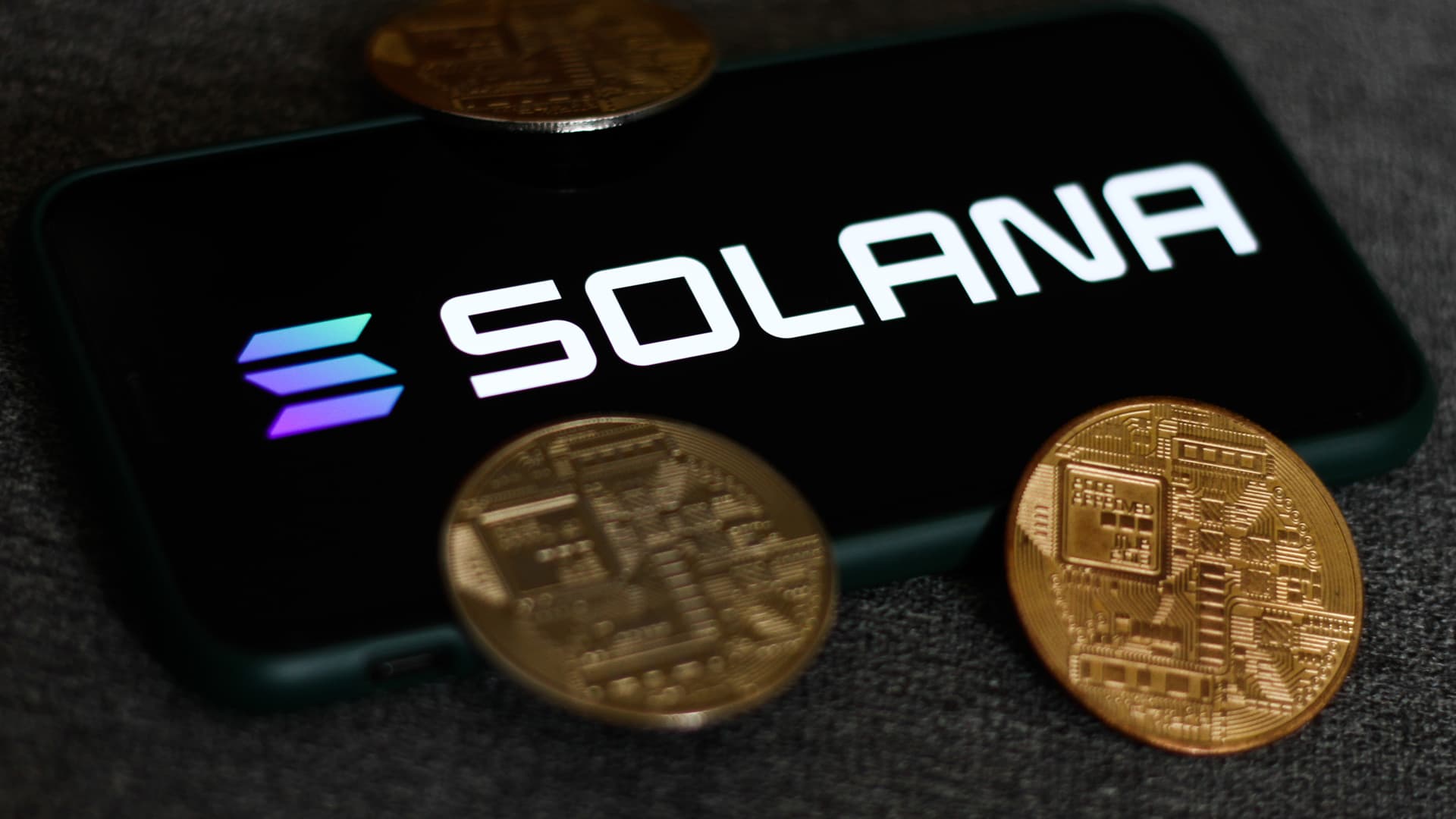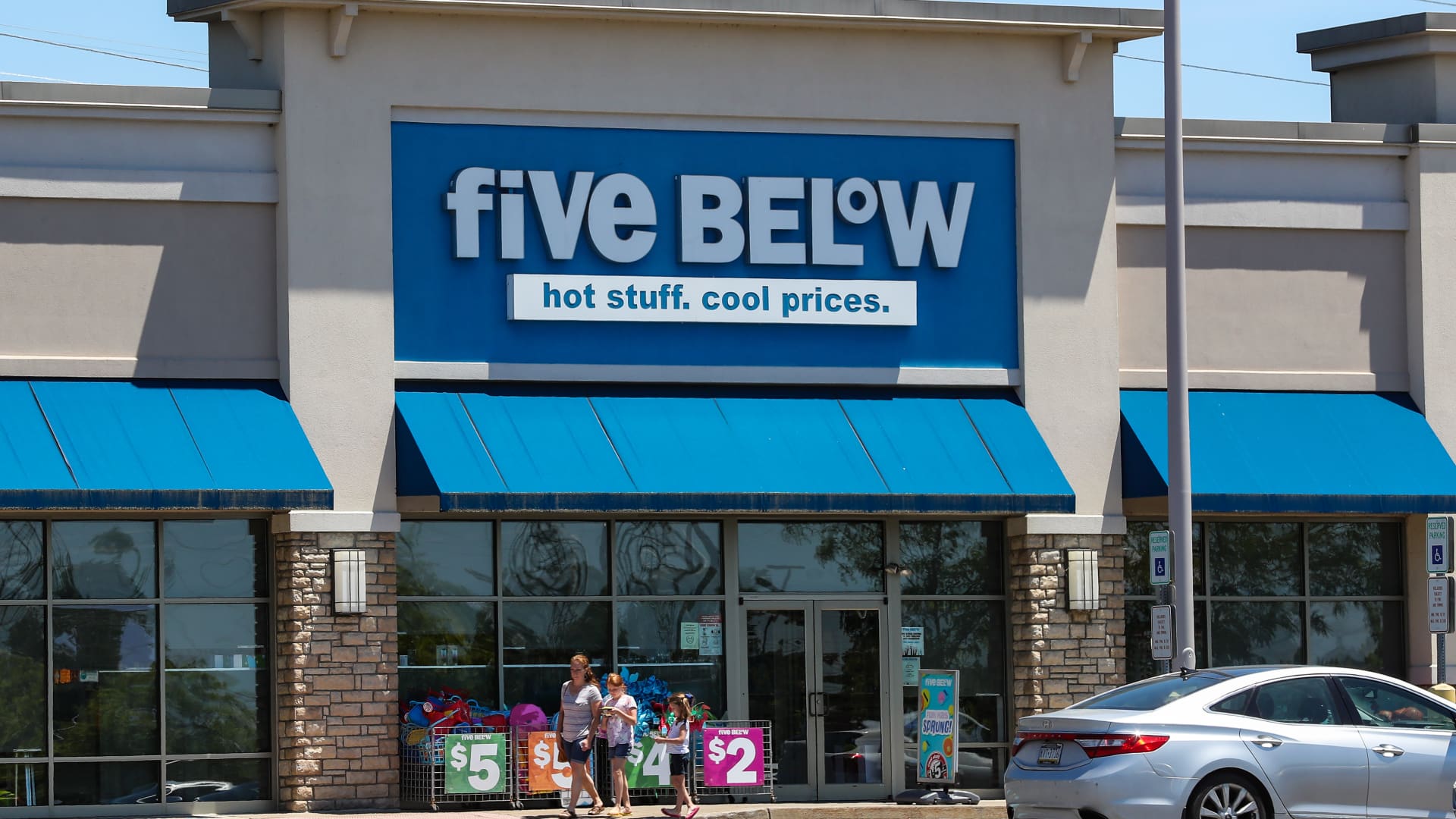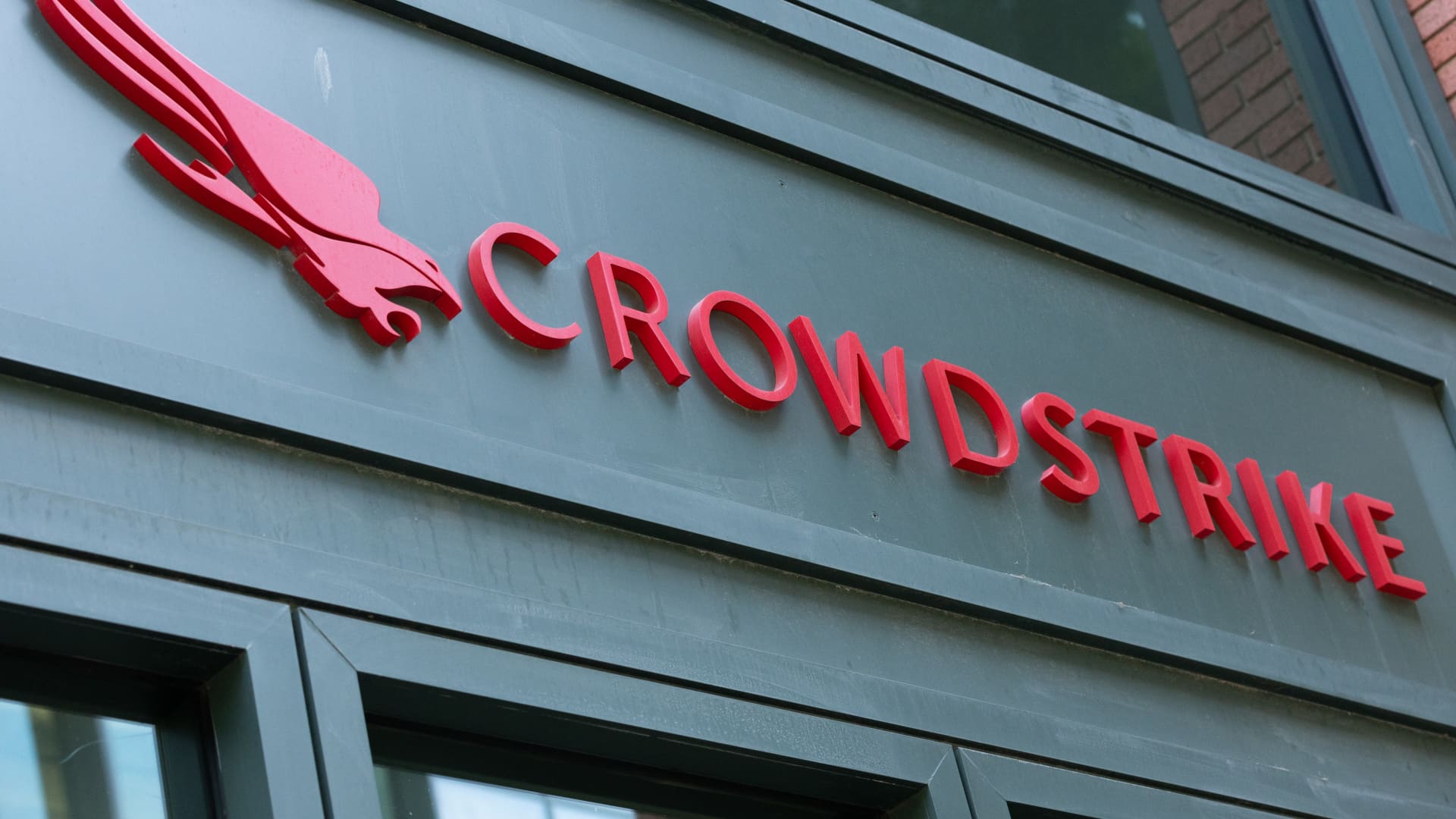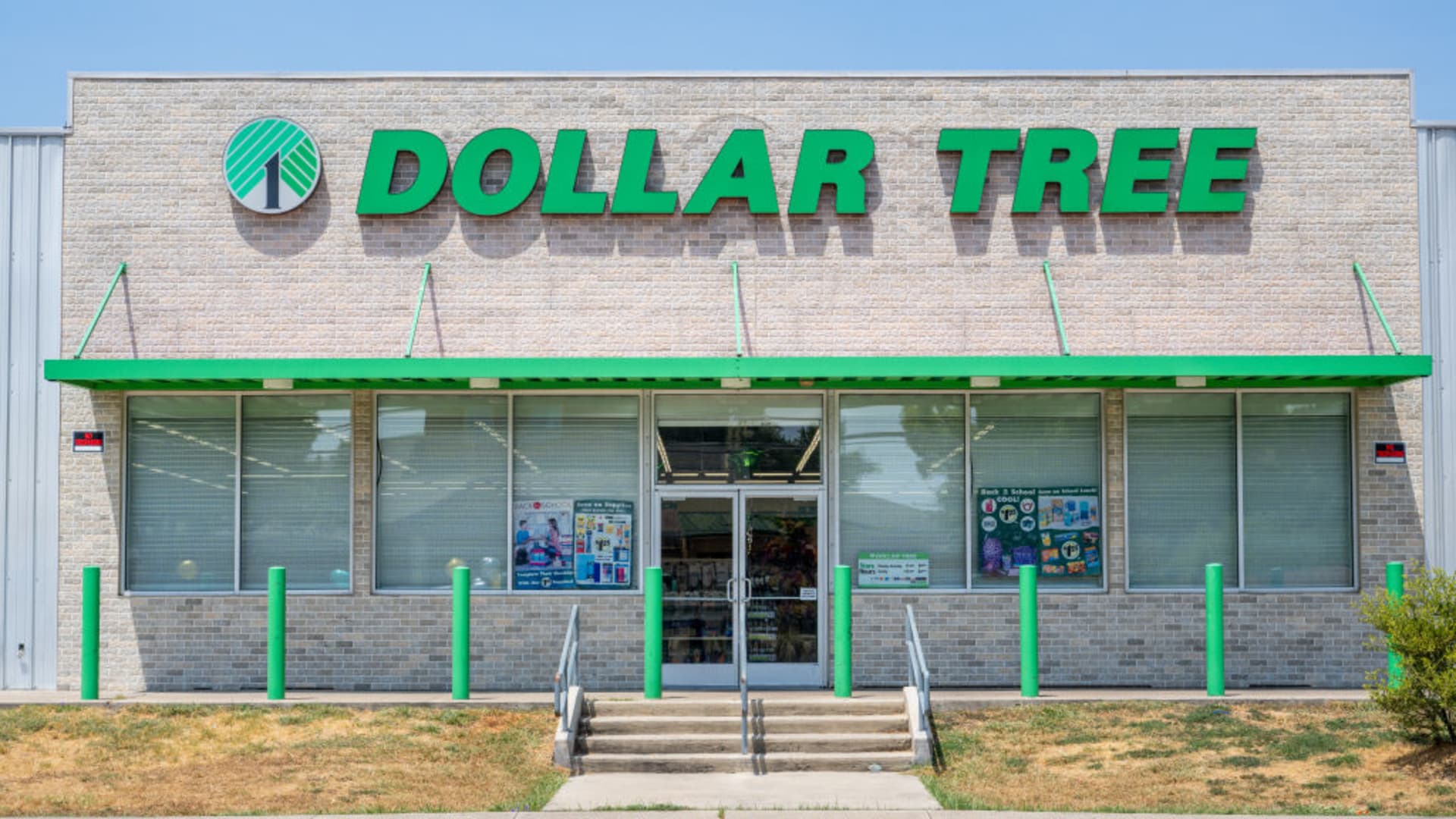The solana cryptocurrency could outperform ether and bitcoin in a big way if former President Donald Trump wins the U.S. election, according to Standard Chartered. In a new research note, the bank’s head of digital assets, Geoffrey Kendrick, outlined his expectations for bitcoin, ether and solana depending on whether Trump or his Democratic opponent Vice President Kamala Harris wins the presidential election. Solana, launched in 2020, is designed to be faster than other cryptocurrencies. Like ether, it enables developers to develop applications — something that’s harder to do with bitcoin, which is primarily used for transactions. Trump vs. Harris If Trump — commonly viewed as pro-crypto — becomes U.S. president once again, Kendrick said in an email that he expects solana to soar 400%, ether to rise 300% and bitcoin to increase 200% in 2025. That would see solana end next year over $700, ether over $9,650 and bitcoin over $185,000. “Broadly speaking, we think a Trump administration would be more supportive of the broader digital assets ecosystem than a Harris administration,” he said, adding that the introduction of a solana ETF, or exchange-traded fund, would be more likely under Trump than Harris. “Similar arguments can be made for the relative outlook for ETH versus BTC under a Trump versus Harris outcome in the US,” Kendrick added. If Harris takes the White House, however, Kendrick said he expects bitcoin to outperform ether, and ether to outperform solana in 2025. He expects ether to end next year around $7,000 under Harris, compared to $10,000 under Trump. Ether is currently trading around $2,410. Solana valuation Despite his bullish call on solana under a Trump presidency, Kendrick noted that its current valuation looks “richly priced” versus ether on all backward-looking measures. Those include solana’s high market capitalization-to-transaction fee ratio, overall net issuance of the token, and “real staking yield” — in other words, the return earned by validating transactions . “This rich valuation requires throughput on Solana to increase 100-400X (over the next several years), something that seems more reasonable under Trump than Harris (as a Trump administration will be more friendly to the overall digital asset ecosystem),” he wrote in the email.

 Economics1 week ago
Economics1 week ago
 Accounting1 week ago
Accounting1 week ago
 Blog Post4 days ago
Blog Post4 days ago
 Economics1 week ago
Economics1 week ago
 Personal Finance1 week ago
Personal Finance1 week ago
 Economics6 days ago
Economics6 days ago
 Personal Finance1 week ago
Personal Finance1 week ago
 Finance1 week ago
Finance1 week ago









